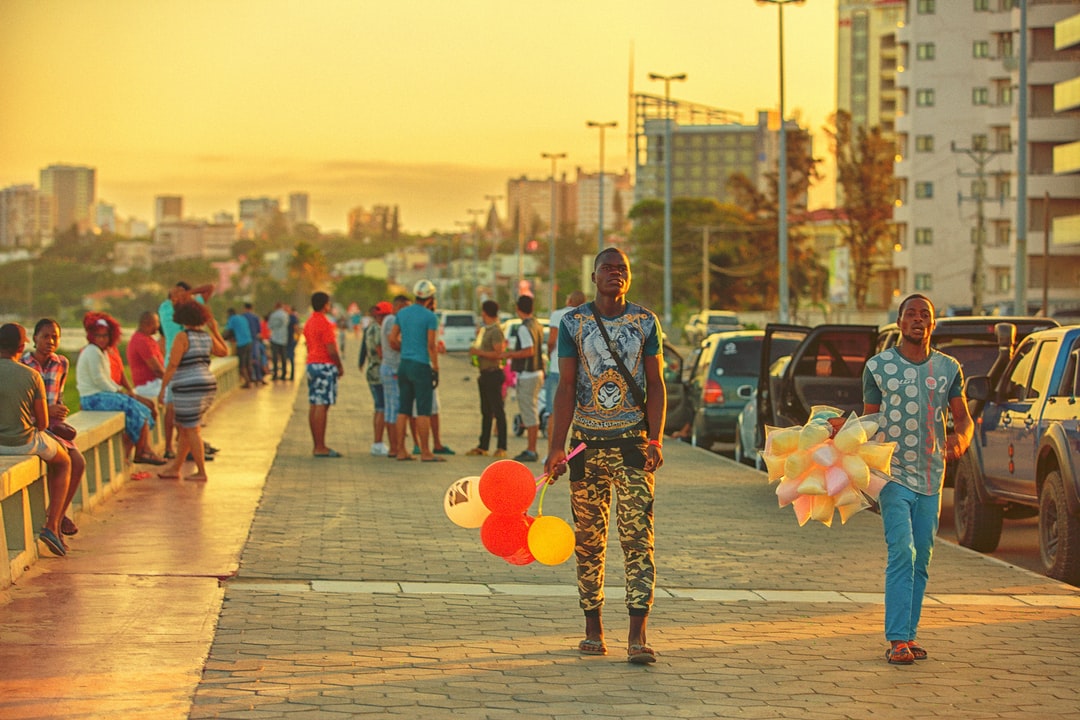Traditional Knowledge of Indigenous Peoples: Bridges of Wisdom Towards Ocean Sustainability
The traditional knowledge of indigenous peoples forms an integrated fabric of practical and spiritual wisdom, through which marine resources have been managed in ways that preserve their balance for thousands of years. These practices are not limited to environmental protection; rather, they embody a holistic vision that connects humans to nature, making them a unique model for sustainability.
From Theory to Practice: Living Models from the Pacific Ocean
The practices of indigenous peoples in the Pacific Ocean have long demonstrated the practical success of traditional knowledge. In Samoa, fishing is regulated through the "raʻui" system, which imposes a temporary ban on fishing in specific areas to ensure the replenishment of fish stocks. This system not only enhances biodiversity but also revives cultural ties between generations and the ocean.
In Hawaii, traditional fishponds (loko iʻa) are an example of intelligent design that allows marine life to reproduce. Strict fishing restrictions are applied in accordance with natural cycles. These ponds, after restoration, have proven their ability to support food security while preserving coastal ecosystems.
In Palau and the Cook Islands, modern governments partner with indigenous communities through the establishment of vast marine protected areas such as "Marae Moana," managed in partnership with local residents who rely on their inherited wisdom to regulate fishing and conserve marine habitats.
Dialogue of Knowledge: Traditional and Scientific - Two Sides of the Same Coin
Despite the differences in methodology – traditional and modern scientific – both seek to understand and protect the marine environment. Traditional knowledge is based on observations accumulated over generations and integrates environmental constraints with spiritual beliefs, such as considering the ocean a living entity that must be respected. In contrast, modern science relies on precise tools to monitor climate change and analyze data, enabling an understanding of global impacts such as global warming.
However, the gap between the two approaches remains a challenge; modern science may overlook local cultural factors, while traditional knowledge may face difficulty in keeping pace with rapid and complex environmental challenges. This highlights the importance of joint platforms, as in the Loko I'a fishpond project in Hawaii, where traditional seasonal calendars are integrated with modern coral reef monitoring techniques to provide an integrated model for environmental management.
Integrating Visions for the Future
Ocean sustainability cannot be separated from the wisdom of the communities connected to them. Lessons learned from traditional models – such as "raʻui" and "kapu" – provide a cultural and ethical framework that enriches scientific efforts, while modern technological tools offer solutions for monitoring transboundary challenges, such as plastic pollution and climate change.
Enhancing cooperation between holders of traditional knowledge and scientists is key to building comprehensive strategies. As UNESCO has pointed out, involving indigenous peoples in marine policy-making not only achieves social justice but also enhances the effectiveness of proposed solutions.
Oceans are not just economic resources, but a living memory for humanity. The combination of the depth of traditional knowledge and the precision of modern science is not an option, but an absolute necessity to ensure the survival of this shared heritage. In this integration lies the strength of the present and the hope for the future.

